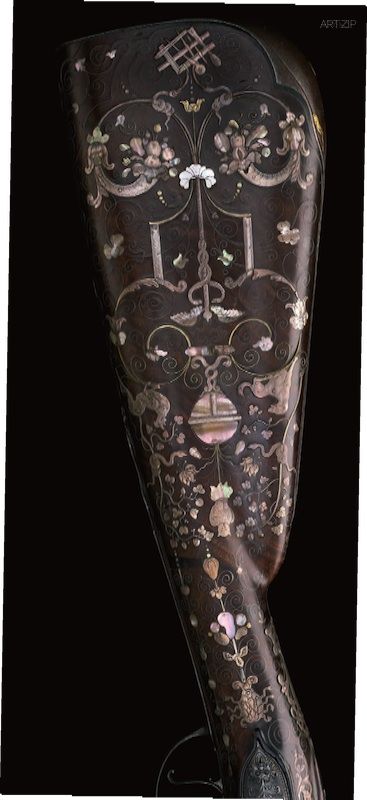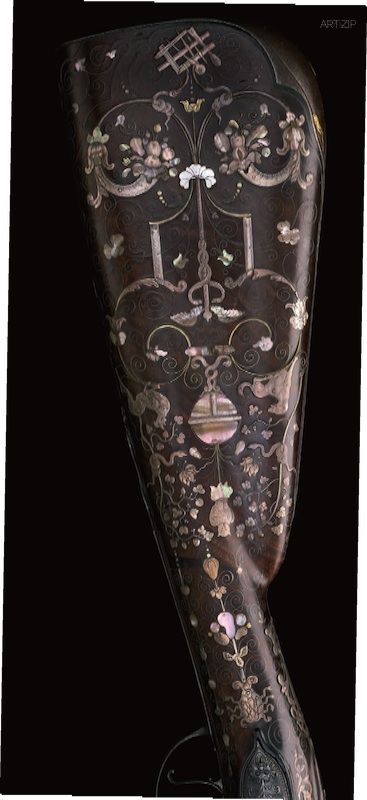
On Photography, by Susan Sontag caused a sensation and aroused extensive discussions in 1977 when it was first published. To date, this critical writing about the discussions of the fundamental problem of photography has been translated into various languages and published in many editions. It has become the photography bible for photographers and intellectuals throughout the world.
蘇珊·桑塔格(Susan Sontag)的《論攝影》出版 于1977年,當時這本書引起了廣泛的討論,轟 動一時,時至今日,這本討論攝影本源問題的 批評著作已經被翻譯成多種文字,並多次再 版,成為世界各地攝影人和文化人所必備的經 典著作。
In spite of the title of On Photography, it is a non-professional photography book with little photographic terminology, and even without any photographs. It is a book as big as a hand, no thicker than half of the thumb and barely as heavy as two eggs, blandly printed with simple and frugal design, and worshipped by countless people as a classic masterpiece of work.
雖然叫《論攝影》,但這本書並不是一本專業的 攝影書籍,整本書中也沒有用到幾個攝影術語, 甚至全書連一張配圖都沒有。就是這麼一本巴 掌大小,一根手指厚,兩個雞蛋重的小冊子,平 淡無奇的印刷和紙張,儉樸或者說是簡陋的裝 幀構成了這本被無數人視為經典的傳世之作。
Susan Sontag, the book’s author, is regarded as one of the most significant writers in the United States in the past forty years. In the cultural sector, she, along with Simone de Beauvoir and Hannah Arendt, is known as the most outstanding female intellectual in the contemporary Western world.
本書的作者蘇珊·桑塔格是美國過去40年間最為重要的作家之一,在文化界她與西蒙·波伏娃 (Simone de Beauvoir)、漢娜·阿倫特(Han- nah Arendt)並稱為西方當代最傑出的女性知識份子。
She, through her own personal initiative and experience, intervenes in our society. Through personal value judgement, she makes her own in- dependent voice. In 2004, the world witnessed her death, where she used her words and actions expressing her own creed—-all her words and voice are from her conscience, which is not out of her being a writer, but simply because of being a living person.
她通過個人的行動與親身的體驗來介 入我們的社會,通過她個人的價值判斷來發出 自己獨立的聲音,2004年,她與世長辭,她用 她的文字和行動闡釋了她自己的信條–她所有 的文字和聲音都是出自她的“良心”,而這種“良 心”並不是出於她作家的職業,而僅僅是因為她是一個活著的人。

In On Photography, Susan Sontag takes a philosophical, sober, and thor- ough look at photography, to dissect the seemingly familiar photog- raphy through a broad perspective of sociology and history, while she questions, from the voice of a living human being, what is real, what is the human dream of dependence, and what makes us filled with decep- tion and indifference. Susan, with her metaphoric harsh words, sharply reveals the subconscious of our buried malicious nature. Through sol- emn and orderly rigorous words between the lines, her emotionless sarcasm and irony often makes readers spark further consideration and self-examination.
《論攝影》中,蘇珊·桑塔格以一位哲學家冷靜 和嚴謹來審視攝影,通過社會學和歷史的寬廣 視角來解剖我們看似熟悉的攝影,而同時,她 又以一個活生生的人的聲音來不斷的提出疑 問,什麼是真實,什麼是人類夢寐中的依賴,而 又是什麼讓我們變得樂於自欺欺人和冷酷無 情?蘇珊用她充滿隱喻而又刻薄的文字一針見 血的揭示著我們潛意識里埋沒于心底的惡意 或本性,在莊重穩健,嚴謹有序的字裡行間,她 不露聲色的挖苦與諷刺往往令讀者不禁捫心 自問,躬身反省。
The book, with its discussion of the relationship between photography and art, suggests photography not only destroys but also spawns a new liberation and development of arts to accelerate the transformation and expansion of traditional arts to conceptual arts. In addition, Susan also evaluates the meaning of photography, the problem between photog- raphy and war, and other severe subject matters. The book contains a microcosm of the great soul, but without any noticeable sign of the de- piction from the author. It is not a book to reflect any single person, but a book attracted with words of human glory.
這本書討論了攝影與藝術的關係,提出了攝影 不僅摧毀了更是解放和催生了新的藝術的發 展,加速了傳統藝術向觀念領域的轉型和拓 展,此外,蘇珊也探討了關於攝影的意義、攝影 與戰爭等嚴肅的問題,我們可以說書中蘊含了 作者偉大靈魂的縮影,卻極難看出作者任何著 力于其本身的言語,這本書不代表任何人,融 于其間并讓它光彩奪目的是字句間所飽含的 人性的光輝。
“A way of certifying experience, taking photographs is also a way of refusing it–by limiting experience to a search for the photogenic, by converting experience into an image, a souvenir.”
攝 影 是 驗 證 我 們 體 驗 與 經 歷 的 手 段 ,同 時 也 是 摧 毀 我 們 已 有 經 驗 的 方 式 。攝 影 通 過 刻 意 的 對 拍 攝 對 象 的 挑 選 ,通 過 轉 化 ,將 經 驗變 成 一 張 圖 像 ,一 個 紀 念 品 。
“Taking photographs has set up a chronic voyeuristic relation to the world, which levels the meaning of all events.”
“ 拍 照 ” 是 以 一 種 慢 性 偷 窺 的 心 態 來 看 待 我 們 的 世 界 ,它 消 除 了 世 間所有事物之間的意義與差別。
“A photograph is both a pseudo-presence and a token of absence.”
一 張 照 片 既 是 一 種 虛 假 的 在 場 證 明 ,也 是 不 在 場 的 標 誌 。
“That most logical of nineteenth-century aesthetes, Mallarmé, said that everything in the world exists in order to end in a book. Today everything exists to end in a photograph.”
十 九 世 紀 最 有 邏 輯 的 美 學 家 馬 拉 美 說 ,世 界 上 的 一 切 事 物 都 將 終 結 于 書 本 。今 天 ,一 切 的 事 物 ,都 將 終 結 於 攝 影 。
“To photograph people is to violate them, by seeing them as they never see themselves, by having knowledge of them that they can never have; it turns people into objects that can be symbolically possessed. Just as a camera is a sublimation of the gun, to photograph someone is a subliminal murder – a soft murder, appropriate to a sad, frightened time.”
對 人 們 拍 照 就 如 對 他 們 施 暴 一 樣 ,你 看 到 他 們 從 不 曾 看 到 的 自 己 ,獲 得 他 們 從 不 曾 獲 得 的 體 驗 ,拍 攝 將 人 們 和 他 們 生 活 變 為 了 可 以 被 象 徵 性 佔 有 的 符 號 。照 相 機 其 實 就 是 升 級 版 的 槍 炮 , 給 別 人 拍 照 就 如 同 潛 意 識 的 謀 殺 一 樣 ,一 種 軟 性 的 謀 殺 ,讓 人覺 得 悲 傷 ,令 人 不 寒 而 慄 。
“Needing to have reality confirmed and experience enhanced by photographs is an aesthetic consumerism to which everyone is now addicted. Industrial societies turn their citizens into image-junkies; it is the most irresistible form of mental pollution.”
對 攝 影 的 熱 衷 ,是 由 於 人 們 沉 溺 於 追 尋 一 種 能 夠 更 清 晰 和 完 美 地 佐 證 經 驗 和 歷 史 的 表 現 手 段 。工 業 化 社 會 將 生 活 其 中 的 人 們 變 成 了 消 費 圖 像 毒 品 的 癮 君 子 ,照 片 已 經 成 了 為 了 防 不 勝 防 的精神污染源。
“Life is not about significant details, illuminated a flash, fixed forever. Photographs are. ”
攝 影 作 品 講 求 顯 著 精 緻 的 細 節 ,鎂 光 燈 的 不 停 閃 爍 ,永 遠 定 格 的瞬 間 。但 是 ,這 些 並 不 是 生 活 本 身 。

